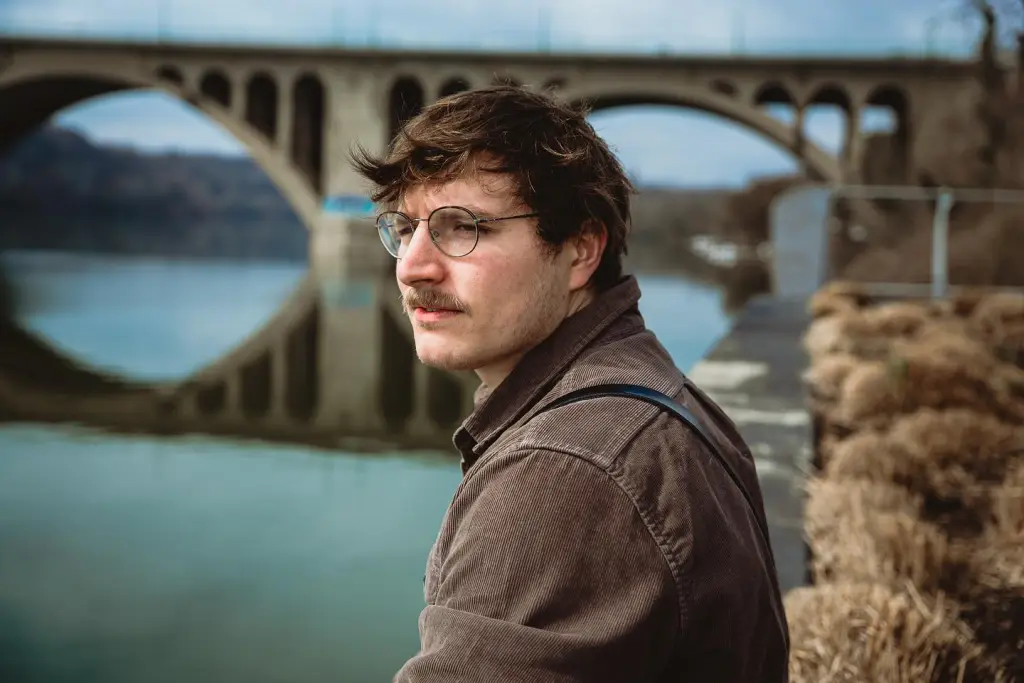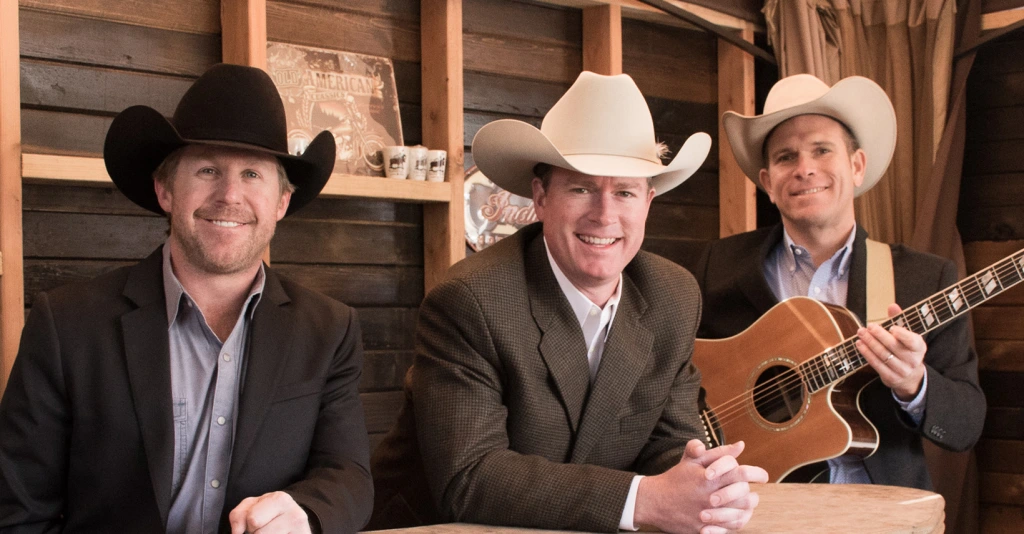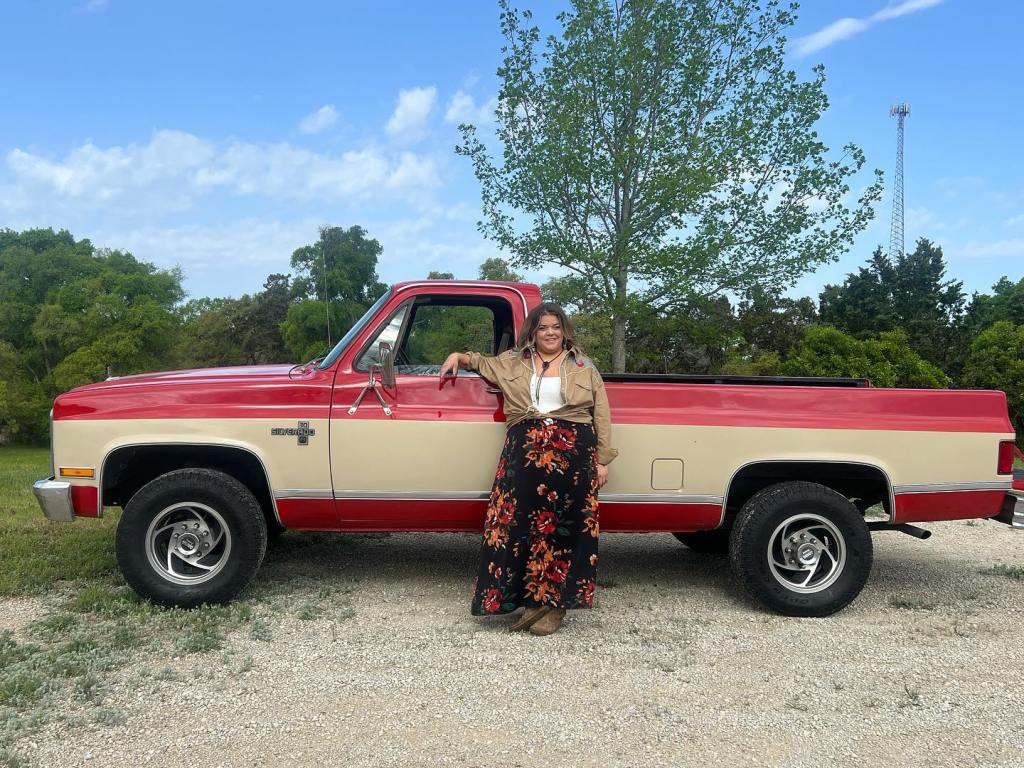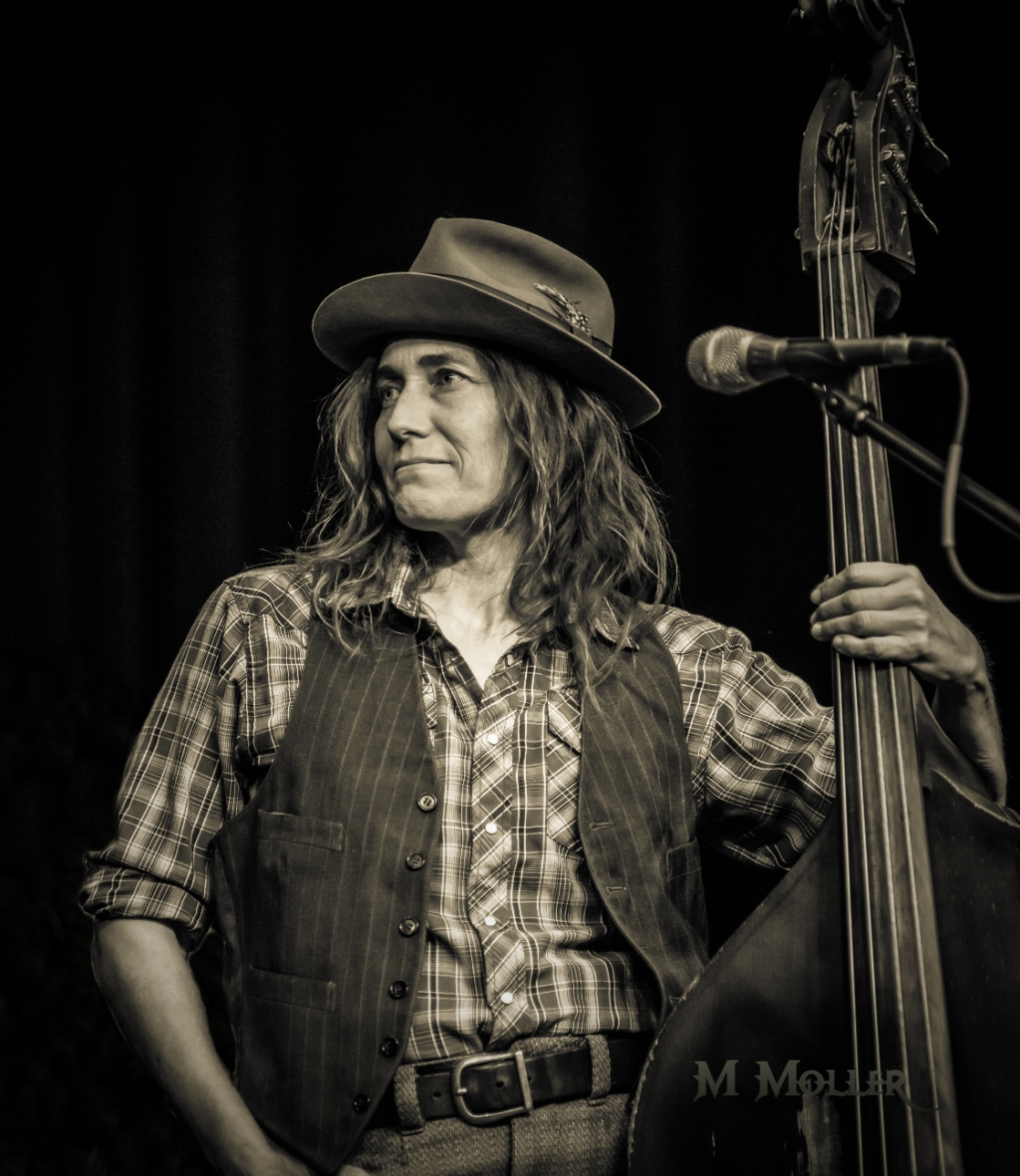“Painted Pistols” starts with a playful lullaby and familiar harmonica medley. The beautiful fingerpicking and intriguing vocal style grab your attention as we hear styles ranging from Bob Dylan, traditional Irish folk ballads and a bridge reminiscent of the Beatles’ Sargent Pepper.
Through his extensive traveling, Eli Waltz has crafted a vocal styling that’s hard to pinpoint. It serves to draw the listener in as you notice the subtle changes.
Waltz was raised in Sharon, a suburb of Boston, Massachusetts, where his family encouraged him to pursue his artistic and academic work.
“It’s not like we were a musical family,” Waltz said. “My dad is a neuroscientist, and my mom is a labor and delivery nurse. My family is more hard sciences and law and that kind of thing.”
Waltz found a connection to music in the home at a young age, and started playing trumpet in elementary school.
“My dad loved to rock out in his underwear with an air guitar,” Waltz said, “We would have these little dance parties. There’s hilarious home videos of us dancing with our parents.”
Waltz struggled to connect to the uniform instruction in band throughout the years and decided to step away from the trumpet.
“At some point it transitioned to feeling like homework,” Waltz said, “and I told my parents I didn’t want to do music.”
Soon after a friend introduced him to the guitar, and Waltz begged his parents for an instrument to learn on. Their reaction was skeptical after watching him retire from the trumpet, and he started out with a few chords on a borrowed acoustic. While working at a cocktail bar with a group of music aficionados, Waltz received an abundance of inspiration and started songwriting. Waltz worked to learn the blues along with harmonica, and he examined the different genres that make up the folk umbrella.
Eli Waltz Finds Inspiration in Beijing, China
Waltz was inspired to pursue social studies and seek humanitarian work from a young age, and he learned to speak Chinese as a teenager.
“My dad had all these Chinese colleagues and all I knew was that I didn’t know anything about them,” Waltz said.
Waltz moved to Beijing to surround himself in the culture, and he gave his first performance on the harmonica while traveling on the streets of Tel Aviv, Israel.
“I really fell in love with the culture after I was there, and I just gained an appreciation for it,” Waltz said.
In Beijing, Waltz found a unique group of musicians to experiment with.
“I started playing at this bar, Bar 84 I think it was called, in the center of Beijing,” Waltz said. “I just hopped on with harmonica and we kind of became this really eclectic Chinese band where they were playing traditional two-stringed guitar type instruments and the lead singer would do Mongolian throat singing, and there was a cajon player, and then I was kind of hopping on as a psychedelic blues harmonica guy, and that was my first experience really kind of living and working as a musician.”
Waltz was involved with multiple projects at that time and decided to start performing solo in Beijing. He returned to the U.S. to finish his degree and started performing at museums and cafes and built up his craft while transitioning into a music career.
“I feel like if I had started earlier, I would have just been confused about what I wanted,” Waltz said of his songwriting journey. “I had a lot of time to just think, and have life experiences, and artistic mentors that kind of helped shape my philosophy and worldview when it comes to music and art.”
Waltz is currently based in Geneva, Switzerland and often travels to Washington D.C. for work in the industry. His focus remains on using his art to bridge a cultural gap.
Waltz’ Vocal Inspiration
Waltz compared his style to foreign singers that often adapt multiple accents for their art, and the common appreciation artists have for different regional styles of expression.
“I just turn off my brain when I start singing and whatever my influences are, they kind of are represented there,” Waltz said. “The worthiest parts of art are when all narrative ceases to exist, both the creator and the consumer of the art are lost in the same moment and there’s no more words, it’s just all happening. It’s a flowstate.”
Waltz touched on overcoming the insecurities artists face while starting a social media campaign and the work he did to separate his artistic vision from the business aspect of his career. Along with his songwriting and performing, he’s grown his reach through instructional videos on the harmonica, utilizing the growth tools that social media has to offer through teaching the various styles of harmonica he picked up on his travels. It’s opened up a secondary audience that helps fund his recording and touring.
Waltz Releases Painted Pistols
“Painted Pistols” was inspired by “the times that we live in where people are very, very pressured,” Waltz said. “I think more so than at least it was when I was growing up, to conform to different ideologies.”
The harmonica and production give this release a warm atmosphere, and it’s a welcome update on traditional folk themes.
More information on Eli Waltz can be found here.
Subscribe to Quality Americana below for your Song of the Day.




Leave a comment